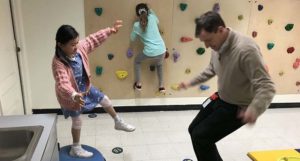Originally published Oct. 22 in the Chicago Tribune.
By Chuck Fieldman
The school’s Parent-Teacher Organization used some of its fundraising dollars to pay for a $20,000 Movement Lab that occupies a former storage area in the building’s basement. It is a first for Hinsdale-Clarendon Hills Elementary District 181.
“The whole school district is committed to more movement during the day, as we know that helps with learning,” said Monroe Principal Justin Horne. “It’s very exciting for us to have the Movement Lab in our building.”

School representatives worked with a South Carolina company that specializes in action-based learning to decide what equipment was best.
Judy Tiggelaar, who retired from Monroe in June 2018 after working as a physical education teacher, said the Monroe Movement Lab has a series of apparatus that work the core muscle groups and helps with balance and stability along with providing an aerobic component.
“It gives students the opportunity to engage in physical activity beyond PE class, which enhances their cognitive focus in the classroom,” Tiggelaar said. “Kids feel better about themselves after they’ve had a chance to move.”
Tiggelaar, who still substitutes, said teachers sometimes will bring their entire class.
“And some students will self-advocate and tell their teachers they need to use it,” she said.
Students usually will use the lab for anywhere from 5 to 20 minutes at a time, she said. Third-graders Katherine Clark, Brock Willits and Cozette Patterson all said they are excited about it.
“The first time went down, I was in love with it,” Cozette said. “It kind of wakes up your body.”
Katherine said she finds moving around in the lab to be helpful when she returns to her classroom.
“It makes me feel more ready for testing,” she said.
Brock said he enjoys many of the apparatus.
“There’s a lot of cool things that give you more energy,” he said.
Third-grade teacher Lindsey Cray said teachers generally have a good read on when their students benefit most.
“That’s something that could be different each year, depending on the students you have,” she said. “There are certain triggers, like a math test, that definitely make for a good time to go to the lab.”
Cray said spending five minutes in the lab right before a math test can help students as they take the test. She said incorporating the movement of being in the lab with the practice of multiplication in math works very well.
“The kids are excited if we’re there, having fun. It makes them more engaged,” Cray said.
Seeking IHT Spirit System information?
[contact-form-7 id=”463″ title=”Contact Us”]


